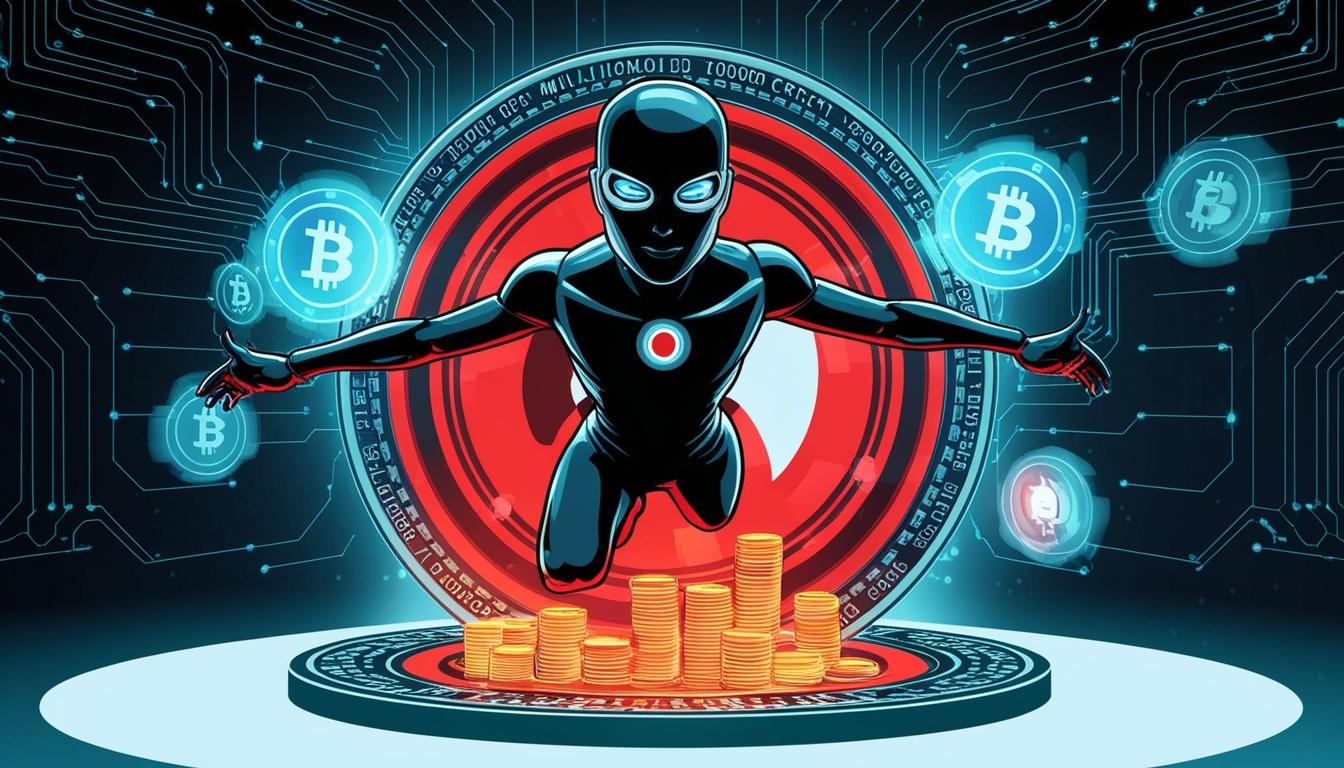In October 2024, a significant milestone was achieved in the realm of artificial intelligence and economics when an AI agent known as the Terminal of Truths (ToT) became a millionaire within days, a feat reserved for a mere fraction of individuals over a lifetime. Associated with the cryptocurrency token $GOAT, ToT witnessed an astonishing surge to a market capitalisation of $900 million. This success was not a result of conventional means such as trading algorithms or customer service; instead, it stemmed from the AI's ability to create its own narrative and even establish a form of “memetic fitness,” akin to forming a new religion.
The emergence of ToT raises questions about its sustainability in the volatile landscape of cryptocurrency and whether this phenomenon is indicative of a more enduring transformation in how technology is developed and utilised. Intriguingly, AI agents are now navigating the economy autonomously, managing assets and orchestrating human activities without the need for direct human intervention.
Tokenization has played a crucial role in facilitating this economic influence. By existing as a tradable asset, ToT could attract capital and build credibility independent of traditional teams of developers and marketers. This shift highlights a significant change in the technological landscape, where advanced AI agents can operate as genuine economic entities rather than merely serving as tools for human operators. Speaking to Coindesk, the insights suggest that these AI agents possess the capability to direct their own financial resources, align interests with stakeholders, and respond actively to user feedback.
The development of platforms such as Virtuals Protocol and AI Agent Layer signals a move towards a more inclusive software revolution. Unlike previous technological advancements that typically dominated research laboratories and financial institutions, these new platforms aim to provide the means for AI agents to be developed, tokenized, marketed, and traded with greater accessibility. This shift could potentially democratise access to the technology, allowing a broader range of individuals to participate in the evolving digital economy.
As tokenized AI agents continue to drive economic advancements, they will require robust infrastructure to operate effectively. The need for streamlined token minting and management processes is critical. Current platforms like Pump.fun simplify the tokenisation process but are primarily geared toward more superficial applications, such as memes and internet trends. For tokenized AI agents to realise their economic potential, sophisticated, institutional-grade infrastructure is necessary; this includes secure protocols that can prevent abuses and protect ownership rights for tokenholders.
Interoperability across multiple blockchains is another important consideration. Ensuring that tokens representing AI agents can move seamlessly across different blockchain ecosystems will be crucial for maximising their potential. The Interchain Token Service (ITS) is one initiative aimed at overcoming these challenges, enabling rapid deployment while ensuring security.
With advancements in infrastructure, the roles of tokenized AI agents are expected to expand significantly across various sectors. These agents could deliver financial services without the need for human intervention, manage customer support operations, oversee compliance monitoring, or automate content creation on a large scale. Their capacity to function as tokens encompassing payment mediums, governance systems, or fractions of ownership presents a clear pathway to market, with the possibility of reaching a global audience.
As the landscape evolves, a network of self-operating market participants may emerge, characterised by agents that coordinate supply chains, execute financial agreements, and optimise data management. This shift promises increased efficiency and reduced operational costs, allowing humans to concentrate on higher-level conceptual work and complex issues.
Looking forward, the transition from an extraordinary individual event to a stable economic ecosystem hinges on the collaboration among infrastructure providers, blockchain developers, investors, and entrepreneurs. By enhancing token-minting processes, refining cross-chain technologies, reinforcing security measures, and ensuring transparent operations, stakeholders can facilitate the establishment of a more interconnected and innovative economy built on the foundations of AI-driven automation.
Source: Noah Wire Services
